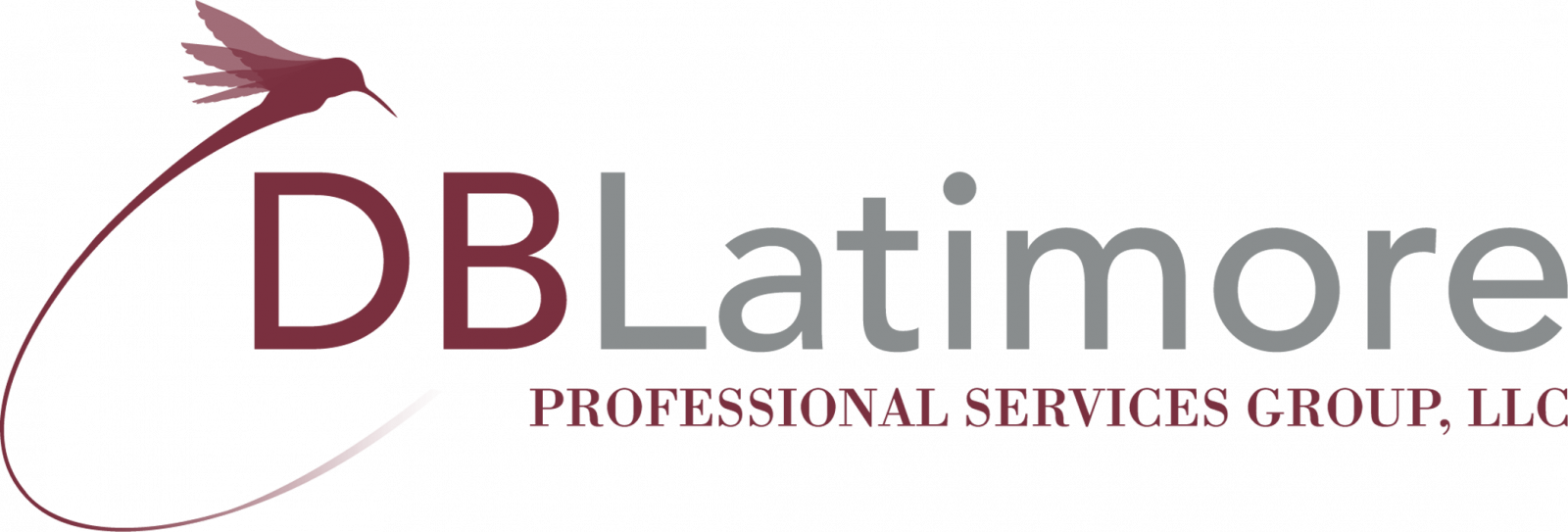In today’s rapidly evolving workplace, critical thinking skills are highly sought after—they have become the cornerstone of self-development and improvement. Leaders make decisions on a daily basis that directly affect their colleagues, clients, and overall business.
Now more than ever, organizations value employees who can tackle problems logically and view situations from different perspectives to come up with the best solution. In this article, we define what critical thinking means and discuss six strategies to develop and enhance your own critical thinking skills.
What is critical thinking?
Critical thinking is the process of analyzing information to get the best answer to a question or problem. It helps identify any existing flaws in our decision-making process and helps us reach better outcomes by eliminating those flaws. Critical thinking also enables us to learn actively, rather than passively absorbing information that is presented to us.
By drawing upon our own experiences, reasoning, observations, and communication with others, critical thinking allows us to make informed decisions that almost always yield positive solutions.
Benefits of critical thinking in the workplace
Critical thinkers are in high demand in the workplace because companies need better, more informed solutions. By enhancing our critical thinking skills, we can:
- Evaluate our work and determine ways to improve quality and efficiency
- Engage on a more intellectual level with our colleagues to form stronger working relationships
- Develop better comprehension skills, both in conversation and reading
- Improve the speed and skill set of decision-making
- Form our own informed opinions on a topic, and develop stronger personal boundaries, ethics, and confidence
Thinking critically helps us to challenge the status quo. In other words, it allows us to identify new and better solutions, even when something appears to be functioning properly.
6 ways to improve critical thinking in the workplace
The development of critical thinking happens over time—and with practice. If you are working to become a better critical thinker, there are a few habits you can build that will speed up the process. Here are six ways to improve critical thinking in the workplace:
1. Be open-minded, self-aware, and deal with biases
As critical thinkers, we must work to have unbiased thought processes and remain open to multiple points of view. An openness to challenging information is a foundation for critical thinking.
We must consider our thought processes, values, morals, ethics, and other beliefs, and view our likes and dislikes objectively. Knowing our personal preferences, strengths, weaknesses, and biases help us better understand why we approach things from a certain perspective.
2. Understand the mental process
Being a critical thinker means we recognize our own biases and how they influence solutions and decisions. In other words, when we take the time to analyze our mental process before making a decision, we can act more objectively. We must also identify how we receive and process information. Understanding how we listen to, interpret, and react to information is vital to becoming more mentally efficient in the workplace.
3. Develop foresight
As empathetic leaders, we must consider how our colleagues might feel about a situation or decision we make. We must be able to determine the possible outcomes of a situation and what changes it might bring. Having the foresight to predict how your actions will produce reactions is key to good decision-making.
4. Practice active listening
One of the foundational elements of effective critical thinking is active listening. To practice active listening:
- Be attentive and listen carefully while coworkers and supervisors are talking
- Practice empathy
- Focus on understanding colleagues’ perspectives
Gaining a full understanding of what your team wants, needs, and expects will foster clearer communication and more productive conversations.
5. Ask questions
There’s no such thing as a bad question, so when in doubt, always ask! It’s best to reiterate—in your words—what you already know to be sure you have the details correct. This will determine whether or not you understand. It can also be useful to ask yourself if something is a fact, opinion, or idea. Additionally, follow-up questions are essential to clarify whether or not certain details were left out or misheard.
6. Participate in team-building exercises & leadership opportunities
Team-building exercises can improve critical thinking skills—for both groups and individuals. If your organization offers these opportunities, be sure to participate. If your organization does not, consider introducing your team to small team-building exercises during a meeting to gain similar benefits.
Leaders are typically required to manage conflict resolution and make important decisions as part of their role. These responsibilities require keen critical thinking skills. To help enhance and further refine your own skills, consider asking to lead a new project or assist a team member in training.
Practice makes perfect
By now, you understand that critical thinking is an important skill in both our personal and professional lives. If you still doubt your ability to think critically, know that you are not alone. Critical thinking is not something that comes easy and can be challenging at times.
It takes time, practice, and patience to become a critical thinker. By following these “critical” steps, you’ll be well on your way to becoming the valued critical thinker that organizations want!



